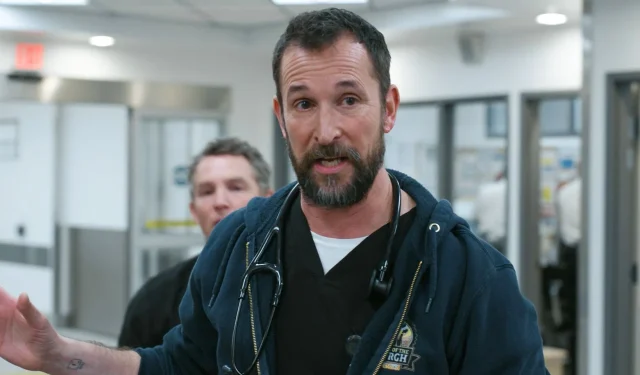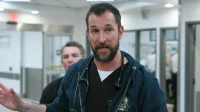Casey Bloys Shares Insights on The Pitt
In a recent discussion, Max executive Casey Bloys revealed exciting insights about The Pitt, an original medical drama starring Noah Wyle. The series delves into the lives of a dedicated group of physicians at a bustling Pittsburgh hospital, highlighting the challenges they face in both their professional and personal lives. Joining Wyle in the cast are talented actors such as Tracy Ifeachor, Fiona Dourif, Taylor Dearden, and Gerran Howell. The show has garnered impressive reviews, boasting a remarkable 96% rating on Rotten Tomatoes. ScreenRant’s Nick Bythrow praised episode three, awarding it 9 out of 10 stars for its expertly crafted tension.
Max’s Ambitious Vision for The Pitt
During an interview with Vulture, Bloys articulated Max’s strategic vision behind The Pitt. Noting a decline in long-running shows—those reaching the 100 or 200-episode mark—he emphasized the necessity of developing “library shows” that can stand the test of time. Bloys remarked, “a library doesn’t just grow on trees,” highlighting the imperative for streaming platforms like Max and Netflix to innovate, rather than solely depend on existing content. He firmly believes that The Pitt is designed to be a “timeless series,”aiming for the longevity of classics like Grey’s Anatomy and The West Wing.
Netflix has had the benefit of everybody’s library. We’ve all sold them library shows, so they haven’t had to necessarily worry about it. But if you’re thinking long-term — a library just doesn’t grow on trees. The idea with The Pitt is, if you want another Grey’s Anatomy or West Wing or Cold Case, or name your long-running procedural, you’ve got to replenish it. And in order to do that, you have to specifically develop these kinds of shows. You can’t just rely on what’s already there, especially with network television doing less and less. Networks used to be a great source of long-running procedurals with many episodes, but the network business is more and more challenged, and streaming just hasn’t prioritized it. If you want to come up with your next tentpole library series that people will be watching 20 years from now, you have to go out and consciously do it.
Implications for the Future of The Pitt
The Shift in Television Programming
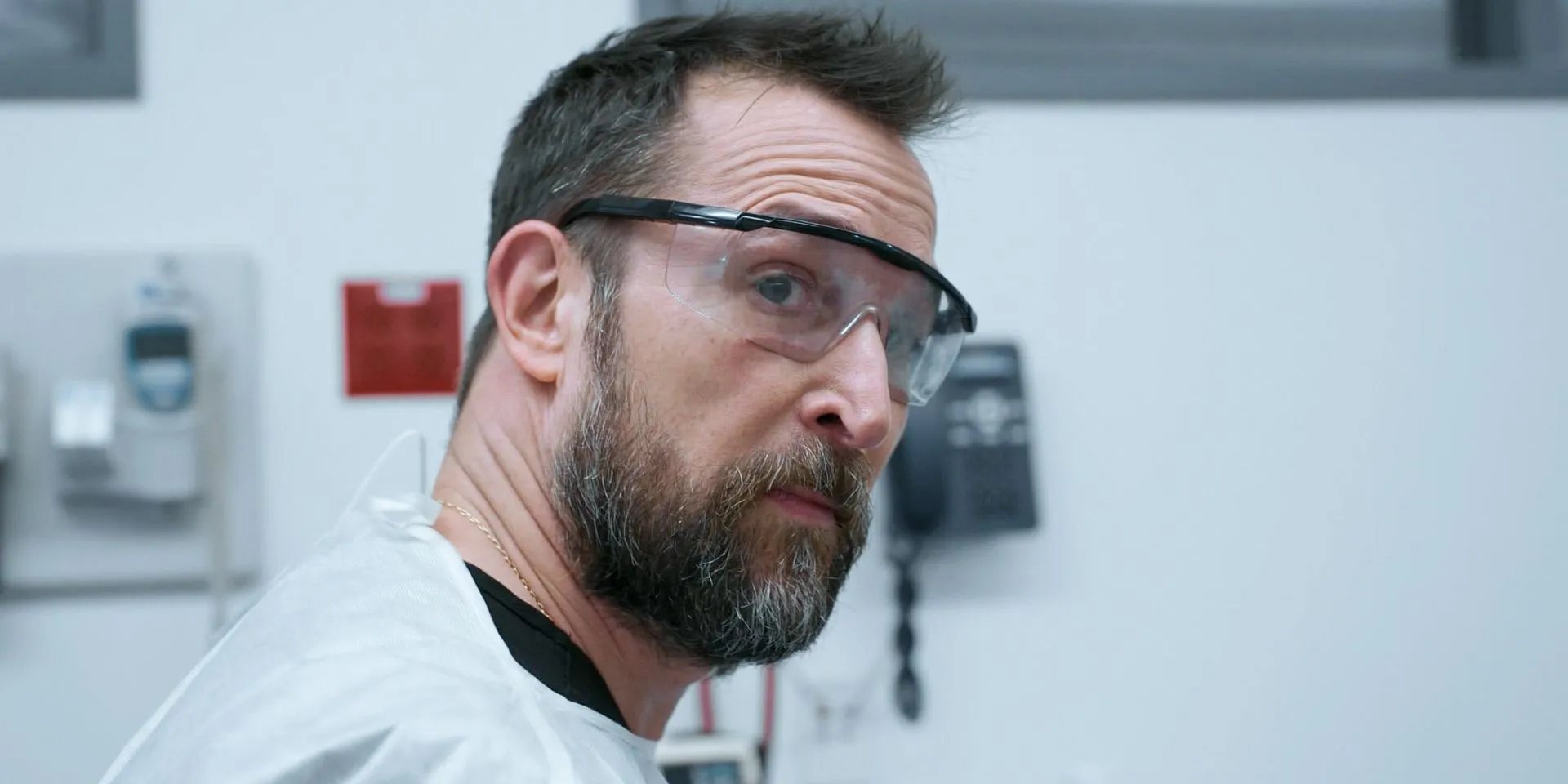
Image via Max
Bloys is not alone in his outlook on the evolving landscape of television. A recent report from Luminate revealed a growing trend towards “planned ending” series, which often take the form of miniseries or tightly contained narratives. Analysts have cautioned that such a trend may not be sustainable in the long run. Bloys’ emphasis on the need for new library shows aligns with this perspective, reinforcing the importance of creating content that can endure over time.
Proven series like Grey’s Anatomy and 9-1-1 demonstrate that medical and emergency-themed procedurals can capture and hold audience attention. The Pitt fits snugly within this genre and has received commendations from real-world medical professionals for its authenticity, making it a strong candidate for sustained viewership and success in the years to come.
Our Perspective on Bloys’ Vision for The Pitt
Advantages of Original Programming
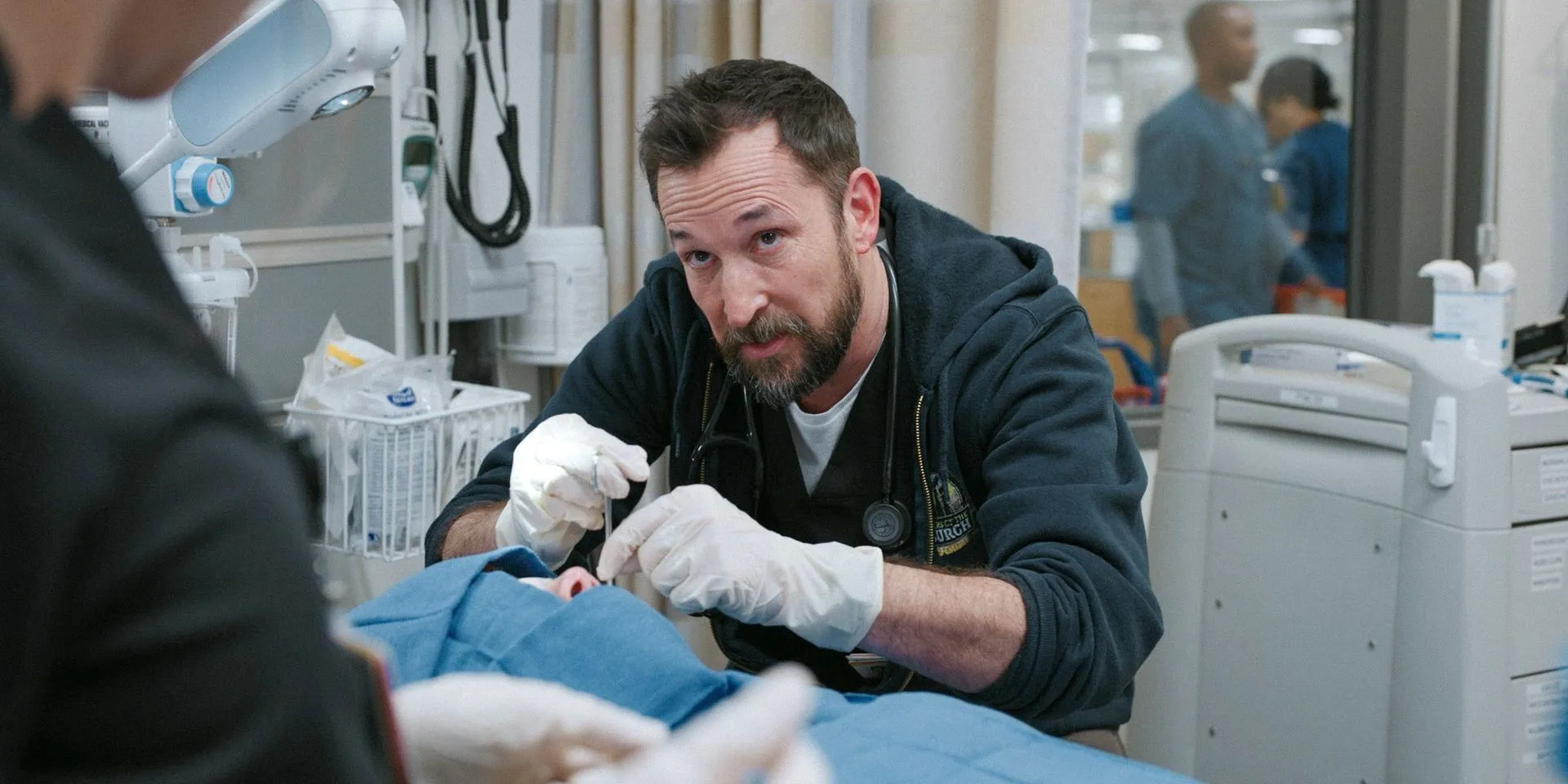
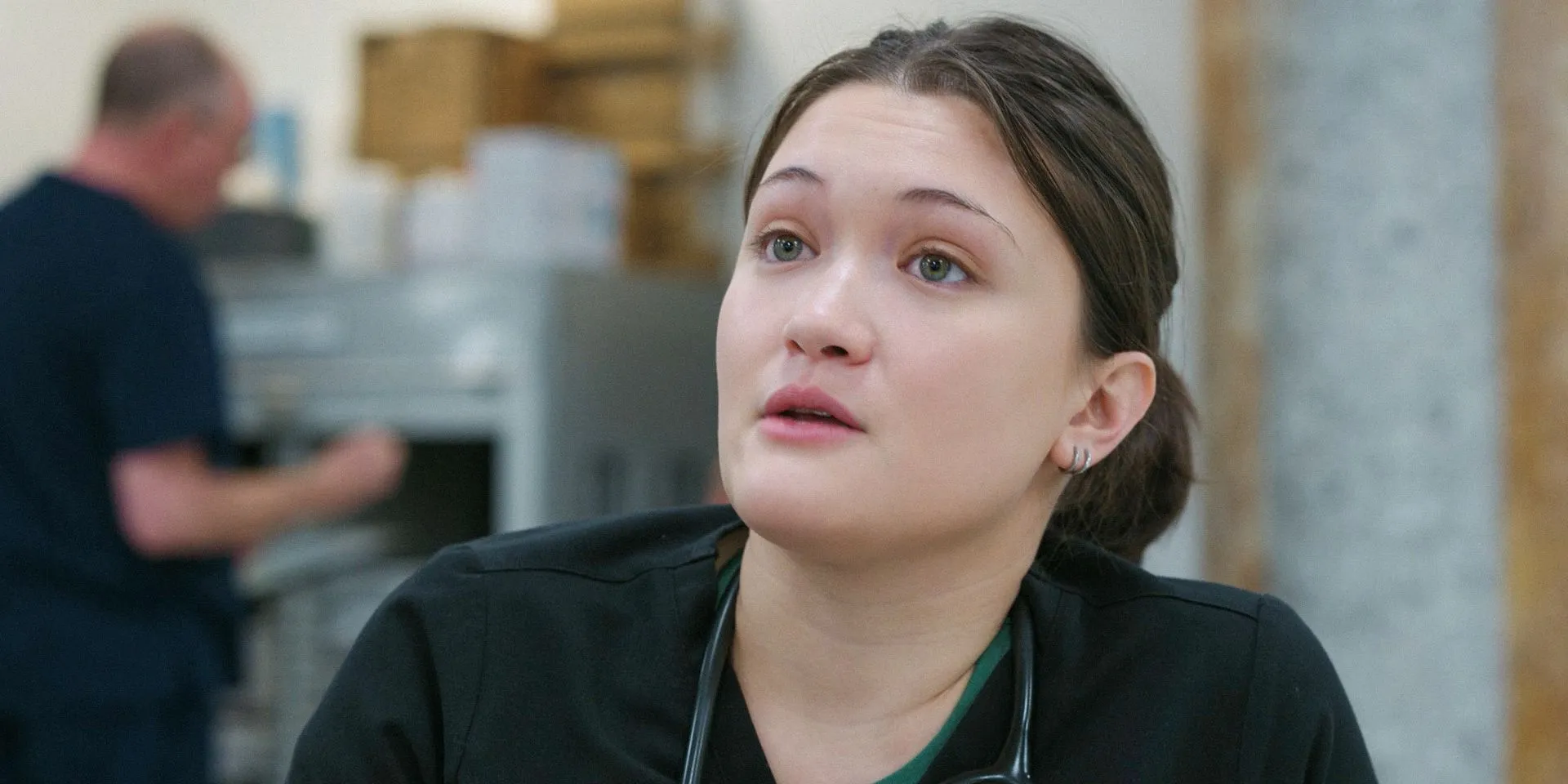
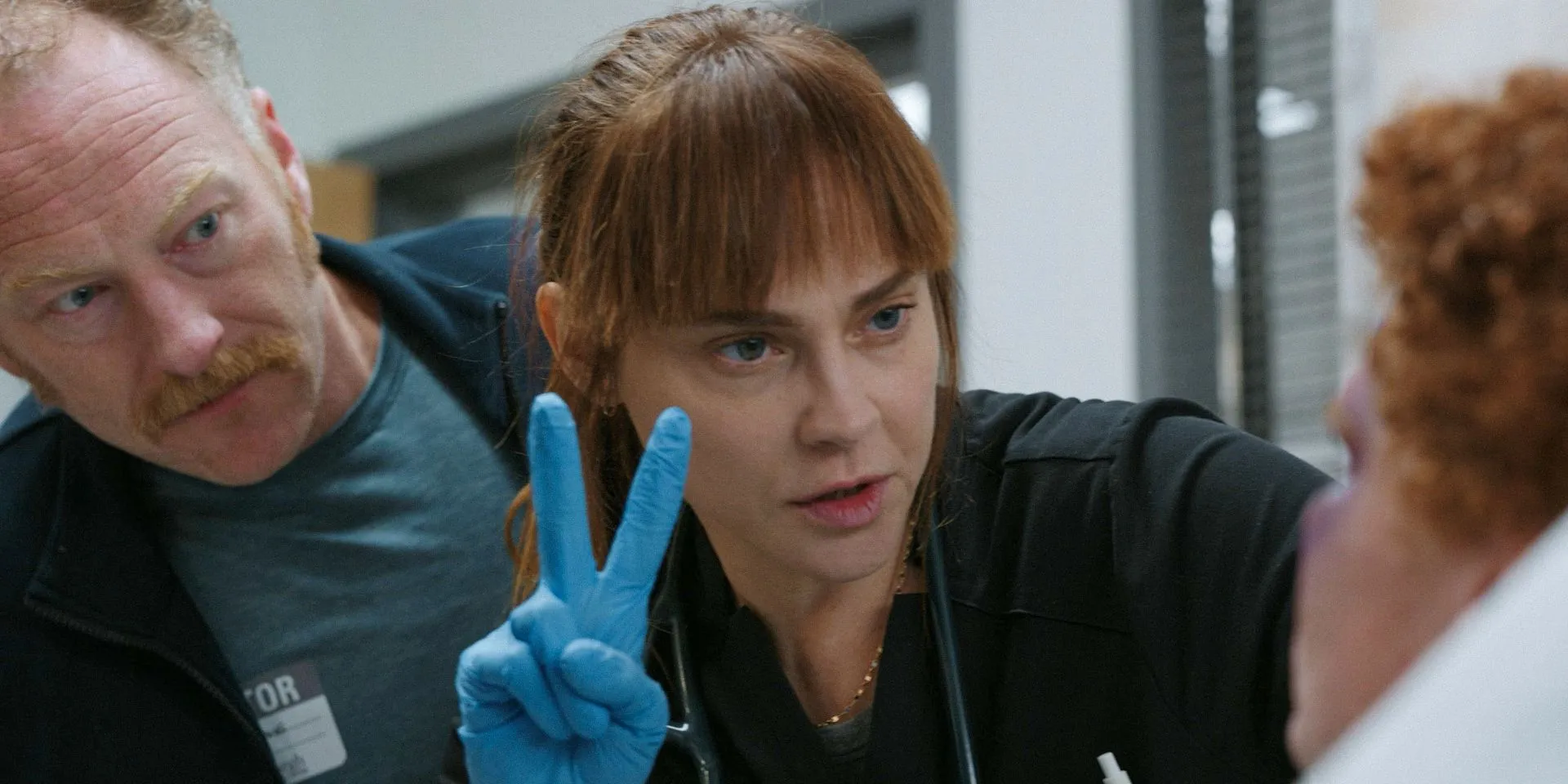
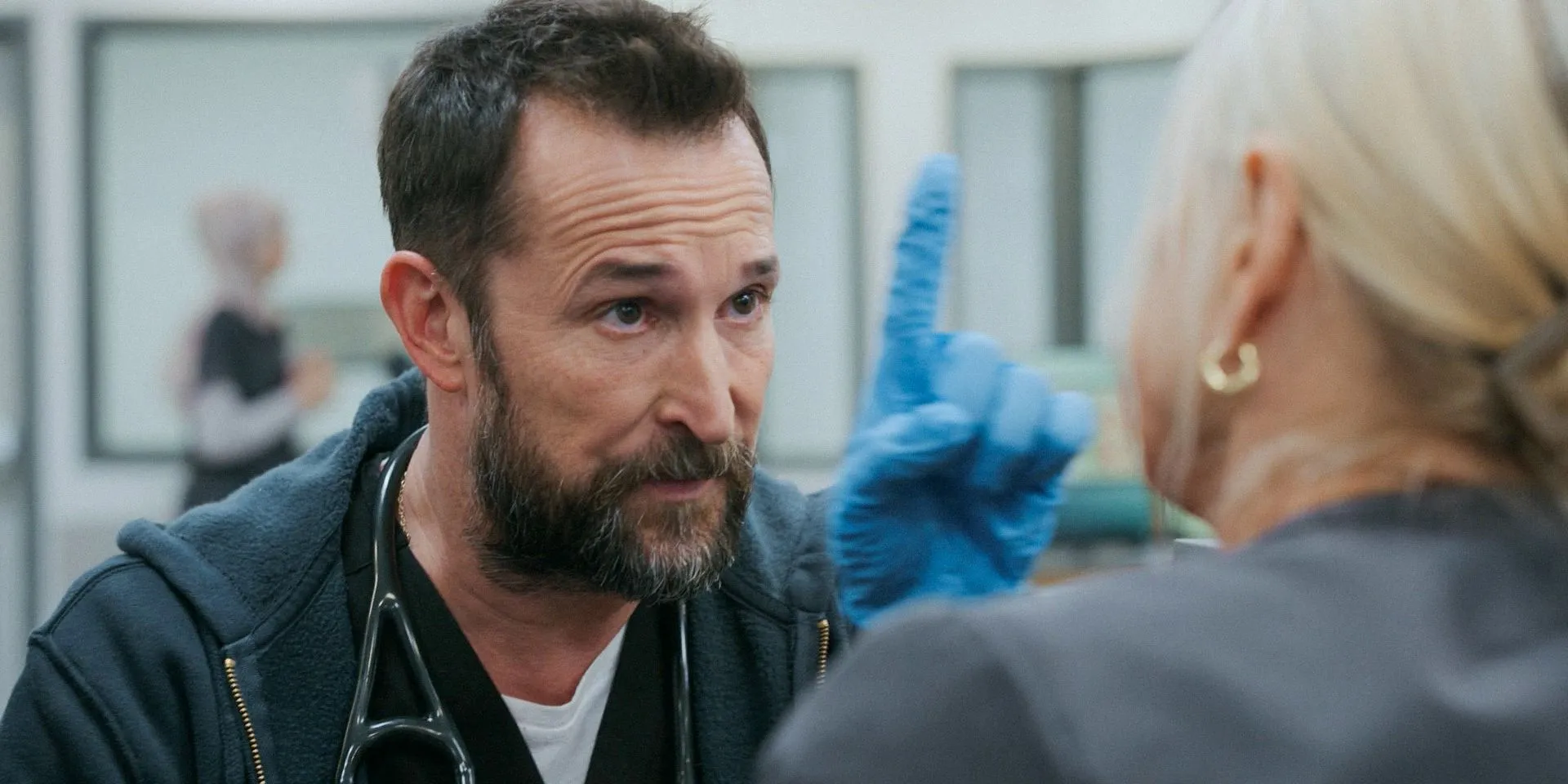
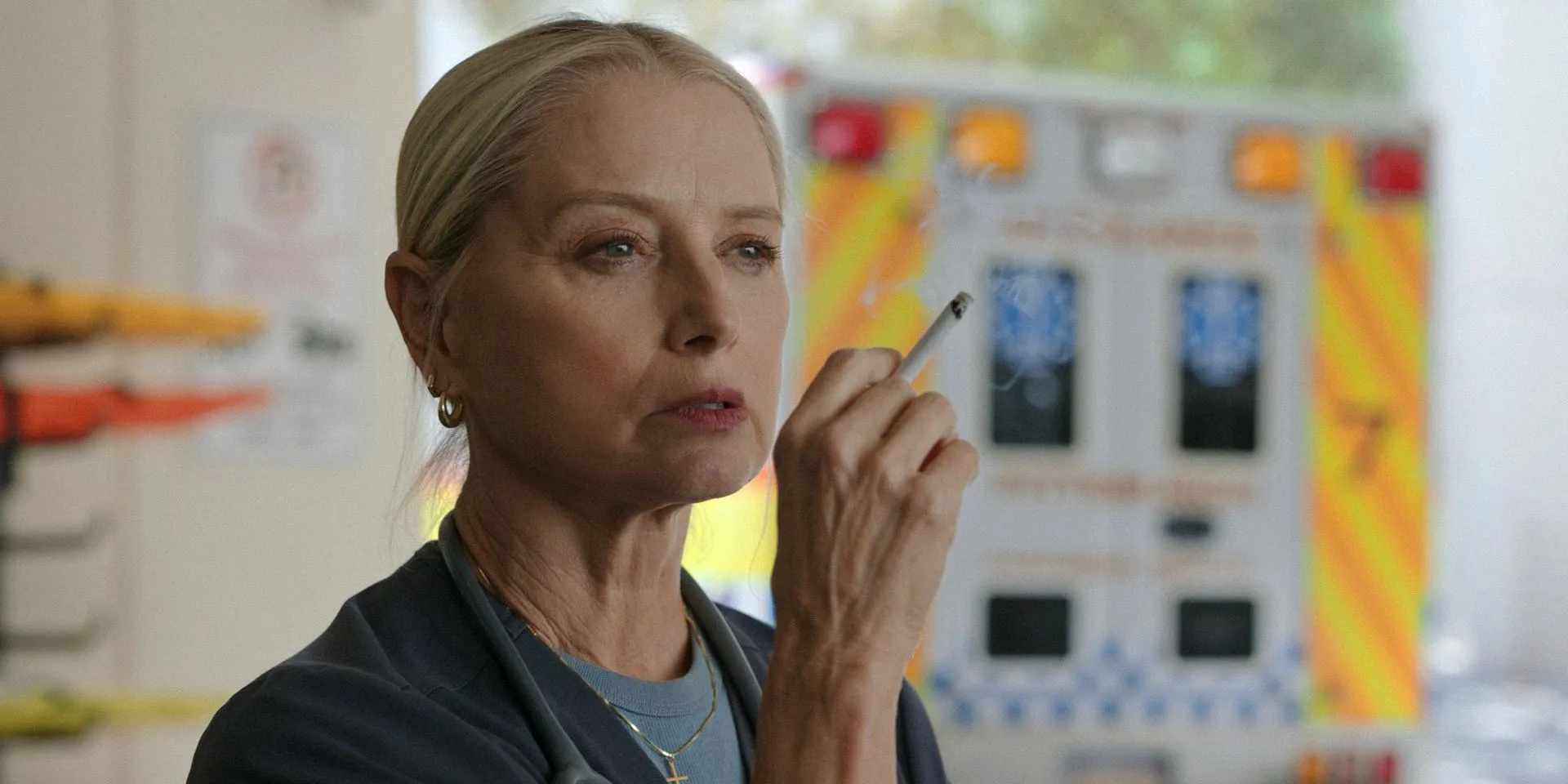
The Pitt represents a promising revival of the library television format, distinguishing itself from other recent offerings, such as the spinoff Suits: LA, which did not resonate well with audiences. Additionally, the 9-1-1 spinoff, 9-1-1: Lone Star, fell short of a lengthy run, concluding after just five seasons. By establishing itself as an independent procedural that carves out its own unique characters and narratives, The Pitt capitalizes on an established format known for attracting viewers and creating lasting appeal.
For more details on The Pitt, visit the full interview on Vulture.
Further insights can also be found in this ScreenRant article.
